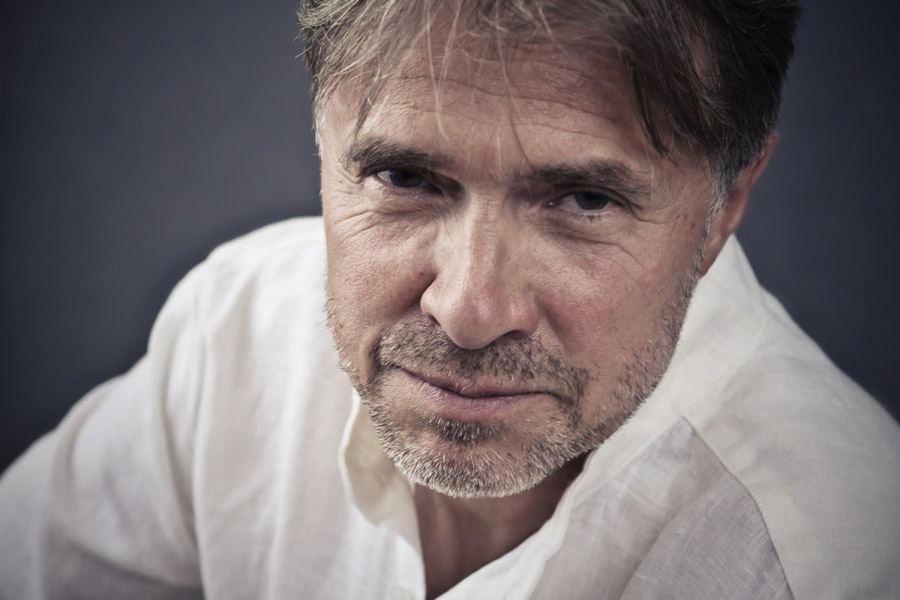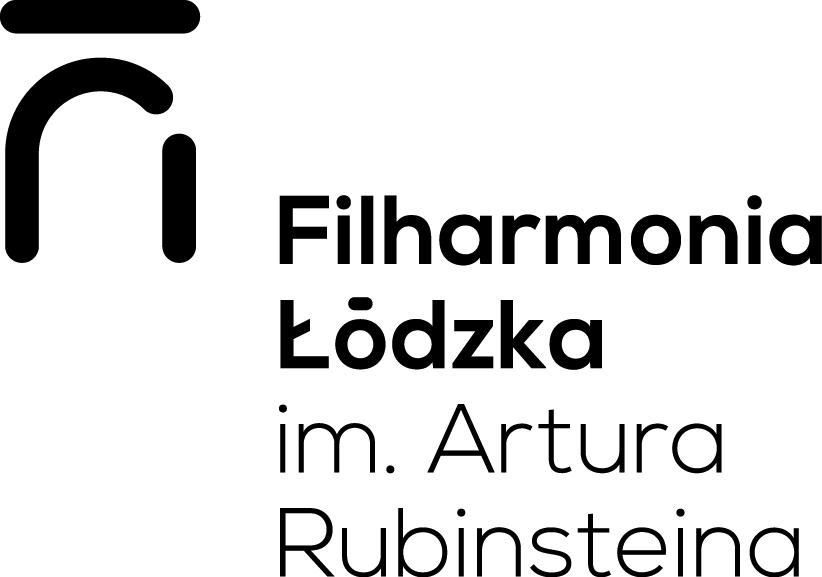The Łódź Symphony Orchestra is the second oldest permanent symphonic ensemble in the territory of the former Russian Partition of Poland, having been founded after the Warsaw Philharmonic. In 1984, the ensemble officially adopted the name of Arthur Rubinstein, the virtuoso pianist, born in Łódź. Rubinstein gave several performances in the city, including one of the last concerts of his life. In 2015 the Arthur Rubinstein Philharmonic Orchestra celebrated its centennial anniversary, during which the ARPO was awarded the Gloria Artis Golden Medal of Merit for Culture.
Paweł Przytocki studied at the Academy of Music in Kraków, where he graduated in the conducting class of Jerzy Katlewicz. Starting in 2008 he served as the conductor and Music Director of the Baltic Philharmonic Orchestra in Gdansk and was previously the Music Director of the Artur Rubinstein Philharmonic Orchestra in Łódz, between 1995 and 1997. In 2005, he was named the conductor of the National Opera, in Warsaw, a post he held until 2009. Additionally, Maestro Przytocki served as the Chairman and Artistic Director of the Kraków Philharmonic, from 2008 until 2012. He currently teaches at the Academy of Music in Krakow. Mr Przytocki reassumed the position of Music Director of the Arthur Rubinstein Philharmonic in 2017.
Andrzej Dobber graduated from the Academy of Music in Kraków, under Helena Lazarska and continued his training at the Nuernberg Conservatory. Dobber is one of the leading Verdi baritones of his generation. He began his career as a basso cantante at Nuernberg Opera under the direction of Christian Thielemann. He was later invited by Riccardo Muti to appear at the Teatro alla Scala, in Milan, and on tour in Japan in the productions of Rigoletto, Il Trovatore and La Forza del Destino. He also performed at the Teatro Comunale, in Florence, in a production of Tosca under Zubin Mehta. In 2015, Dobber received the honorific German title Kammersänger for distinguished singers of opera and classical music. This prestigious honour dates back to feudal times when it was awarded by kings and princes to their favourite performers.
Richard Wagner’s first musical sketch for Tristan und Isolde is dated December 19, 1856, however, it wasn’t completed until September of 1859. The Prelude was first performed in concert earlier in the year, prior to the entire opera being finished. Wagner later joined the Prelude with the Liebestod, the opera's final scene, and presented the two excerpts in concert in 1863. Wagner wrote to Franz Liszt, “Since I have never in my life enjoyed the true happiness of love, I intend to raise a monument to this most beautiful of dreams.” The literary source he chose is the legend of Tristan from ancient Celtic lore. The tale concerns King Marke, who sends his nephew Tristan from Cornwall to Ireland to fetch Isolde, the king’s bride-to-be. During the journey, Tristan and Isolde fall in love and upon being discovered, Tristan is attacked by the king’s guard. He dies with Isolde at his side, after which she expires from love and grief.
Tristan und Isolde is considered a landmark composition in terms of harmony. In the first chord of the Prelude, preceded only by the unharmonized notes of the melody, there is a grouping of notes that is neither consonant nor strikingly dissonant. Music theorists have long fixated on this sonority and have come to refer to it as the Tristan chord. To this day, Wagner’s imaginativeness in the composition of the chord and how it functions throughout the course of the opera’s harmonic motion continues to captivate theorists and listeners.
The German Romantic poet Friedrich Rückert was a linguist and Orientalist as well as one of Gustav Mahler’s favourite poets. Mahler composed four of the five Rückert Lieder in 1901. Initially, they were written with piano accompaniment, but he immediately orchestrated them, whilst also composing his fourth and fifth symphonies. The fifth song, Liebst du um Schönheit was composed a short time later and was never orchestrated. Each song is distinct from the others in subject matter, structure and orchestration. Curiously, the songs do not form a cycle and they are not sung in a standard order.
Mieczysław Karłowicz’s symphonic poem Stanisław and Anna Oświecim reaches deep into the composer’s youth. In February of 1893, the Karłowiczes were in Kraków when the then sixteen-year-old Mieczysław saw Stanisław Bergman’s painting Stanisław Oświęcim beside the Body of Anna Oświęcim, based on the legend of the tragic love between a brother and sister. The Romantic motif of unrequited love, or of unfortunate or tragic love, appeared already in Karłowicz’s compositions, in his overture to The White Dove and his first symphonic poem, Returning Waves. Stanisław and Anna Oświecim is a typical example of a musical setting of the Romantic myth and is presented as a programme work.
Alixandra Porembski, English Language Annotator



